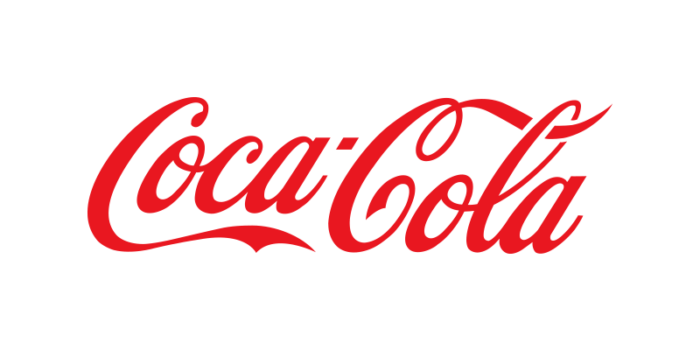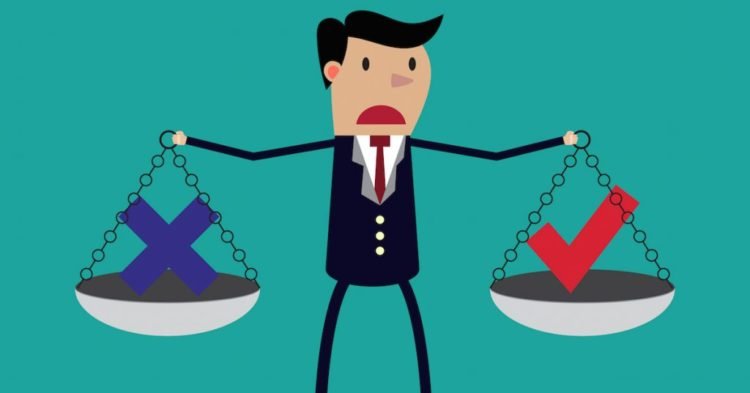Stakeholder capitalism model says that company should make decisions by taking into account the interests of all the stakeholders in the firm. Stakeholders include all individuals or groups who can significantly affect the welfare of the firm in the aspects of not only the financial claimants, but also employees, management, customers, local community, supply chain members, local or national government and creditors. One of the important variables in this model is considering all stakeholders’ interest as they are people who support and sustain the company. In the stakeholder capitalism model, it is argued that firms should pay attention to all their supporters that can affect the firm. Managers and boards of directors of company have vital roles on making decisions Continue reading
Business Ethics
Business ethics (also known as corporate ethics) is a form of applied ethics or professional ethics that examines ethical principles and moral or ethical problems that arise in a business environment. It applies to all aspects of business conduct and is relevant to the conduct of individuals and business organizations as a whole. Business ethics can be both a normative and a descriptive discipline. As a corporate practice and a career specialization, the field is primarily normative. In academia descriptive approaches are also taken. The range and quantity of business ethical issues reflects the degree to which business is perceived to be at odds with non-economic social values.
Case Study: Analysis of the Ethical Behavior of Coca Cola
Coca-Cola is the world’s largest beverage company that operates the largest distribution system in the world. This allows Coca-Cola companies to serve more than 1 billion of its products to customers each day. The marketing strategy for Coca-Cola promotes products from four out of the five top selling soft drinks to earn sales such as Coke, Diet Coke, Fanta and Sprite. This process builds strong customer relationships, which gives the opportunity for these businesses to be identified and satisfied. With that being said, customers will be more willing to help Coca-Cola produce and grow. Pepsi and Coca-Cola, between them, hold the dominant share of the world market. Even though Coca-Cola produces and sells big across the United States, in order Continue reading
Why Businesses Fail to Manage Ethics in the Workplace?
The majority of the company including international and local organizations starts to alert and concentrate on the importance of business ethics between managements and employees. One of the major challenges in business ethics is creating a safe environment where all employees or workers can raise their concerns about possible misconduct and wrongdoing. Business ethics has been an essential but difficult subject to handle. Many business organizations recognize the importance of business ethics but do not give it due attention. One the contrary, some organizations have simply provided the fundamental business ethic course which involves learning what is right or wrong and doing the right thing. In the reality, some of the organizations have failed to manage the business ethics in Continue reading
Globalization and Business Ethics
Business ethics is a well-institutionalized academic field, which deals with the moral dimension of business activity. In the context of international business, it means the treating of moral questions of international cultures and countries. International business should be sensitive to the environment and not just selfish for its own profits. Ethically, safety comes first and the profit comes last. The various issues that ethics target are diverse environmental concerns, animal welfare issues, labor practices, fair trade, health concerns, genetic modification, patenting of genes, cloning etc. International business is both more exposed to a variety of ethical conditions as well as in a position to exploit business ethics due to the sheer size an international company has. The end result of Continue reading
Aligning Business Ethics and Corporate Social Responsibility
History tells us that ethics generate trust. But before anything else, ethics create a reputation, which in turn develops the elements of trust between people. The thrust of intensive ethical attention in business is brought about by the growing power of consumers towards businesses. Gone are the days when they would just buy products based on what it offers because now they would likely care about the brand’s practices. Consider the impact of Nike’s marred reputation on its economic activities when unethical workplace environments and practices were made public. The company was quick to decide on what it should do to the situation, which is to gain public trust again through public showmanship of ethical efforts. Although ethical choices are Continue reading
Moral Hazards in Workplaces
In the economic literature nowadays, moral hazard is studied in various fields. There are two major categories of researches on moral hazard. One is originated from the early literature about insurance market; the other is about economic decision-making, such as finance, banking, accounting and management. In the recent financial crisis, moral hazard is more frequently discussed and blamed as one of the causes of the banking problem. What is Moral Hazard? Moral hazard is defined in various ways in different aspects. The earliest explanation is from the perspective of insurance sector. Marshall provided the definition as ‘any misallocation of resources which results when risks are insured with normal insurance contracts and only with such contracts’. Briefly, moral hazard as the Continue reading

